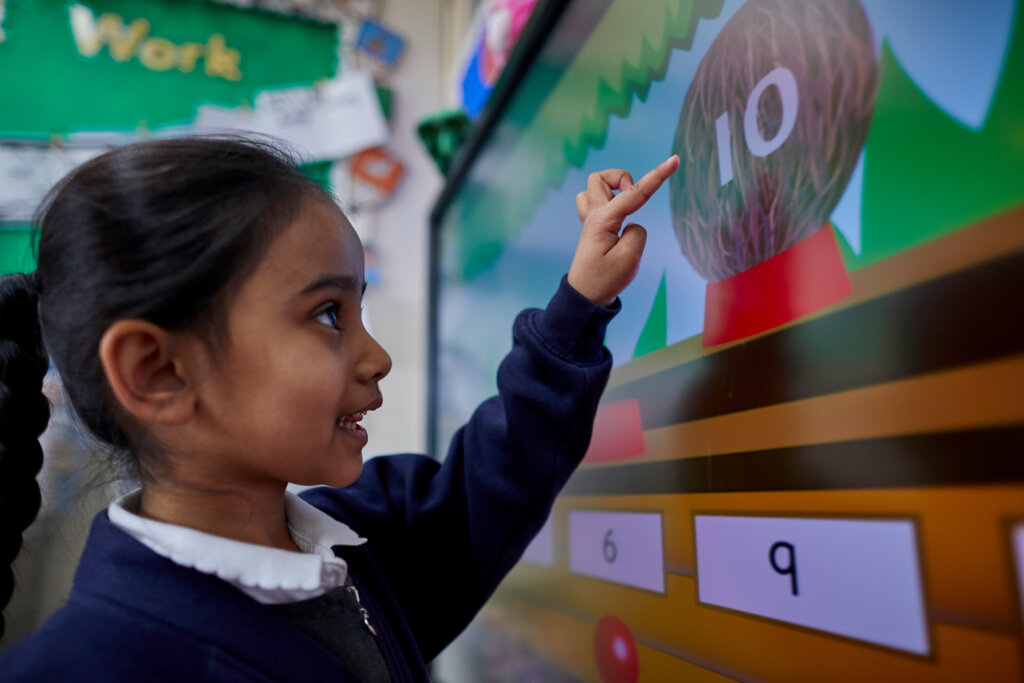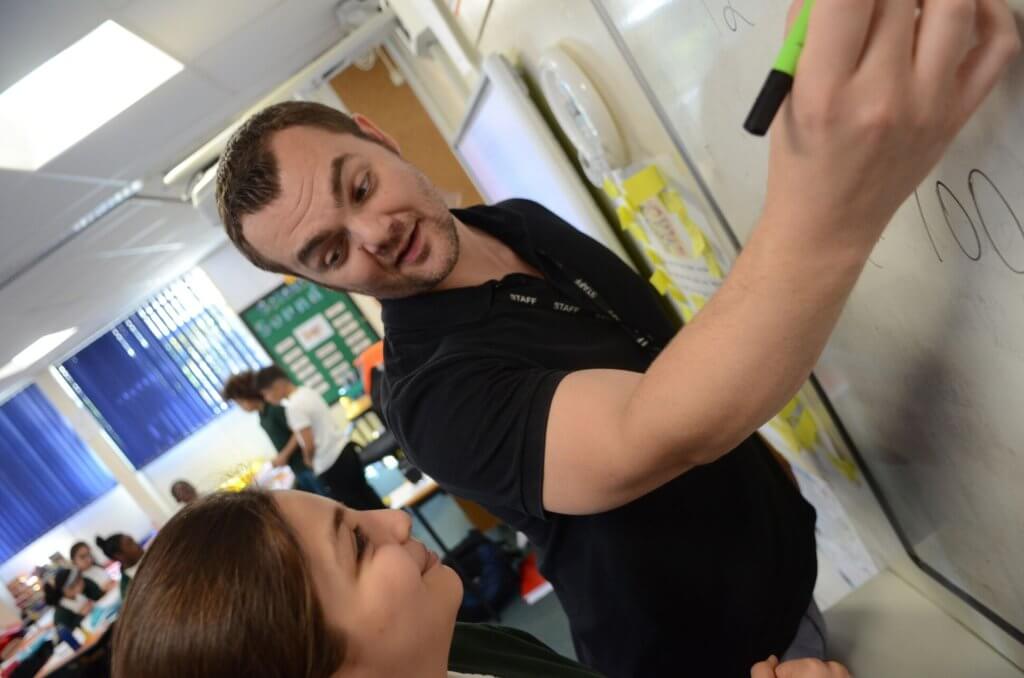With an extensive portfolio of services, tailor-made solutions and leadership support, we can help you to optimise your operations and achieve your school business goals.
What's New

Discover the plans and procedures schools are advised to follow in the event of extreme weather.

This Computer Science Education Week, we explain how our IT and MIS teams are working hand-in-hand with schools to inspire the next generation of tech leaders.
Bringing out the best in school leaders, teachers and their pupils through high-quality consultancy and professional development.
What's New

In this blog, our Literacy team shares their latest book recommendations, giving you all the inspiration you need to enrich your school’s reading curriculum offer.
Find out more

Learn what you can do to ensure that children with the potential to become greater depth writers are given the tools and opportunities they need to excel in writing.
Using theory, research and evidence-based practice to promote inclusion, embrace diversity and transform the life chances of children and young people.
What's New

Gain access to free guidance and resources to support schools with emotional barriers to school attendance (EBSA).
Find out more

Find out what’s in our inclusion strategy toolkit
View our toolkit
With a team of highly skilled and experienced professionals, we can help you promote the welfare of pupils and keep them protected from harm.
What's New

Improving attendance extends beyond targeted interventions and home visits. In this blog, we explore whole school approaches to help you build an inclusive learning environment that promotes high attendance.
Find out more

Attendance in the Early Years is essential to build the foundation for academic success later in school and life. Find out how to support positive attendance in EYFS.
Find out more
A wide range of additional resources to support you in your role. Please select an area of interest to browse and download the documents.
Some of our services require membership. If you are interested in accessing any of these areas, please complete our enquiry form.
What's New

Contact us to discuss how to purchase exclusive access to our resource area.
Find out more

Find out what’s in our inclusion strategy toolkit.
View our toolkit
What's New

Take a listen to our latest podcast episode, Rethinking Education. All episodes now available.
Click here to listen

Find out what’s in our inclusion strategy toolkit.
View our toolkit
Working across a breadth of leadership, business support and pupil facing services, we are proud to be the partner of choice for schools and trusts across the country.
What's New

Exploring the latest updates, insights and sector developments.
Find out more

Find out how the One Education Reading Award can help schools to improve their reading offer, equipping every child with the tools they need to become passionate and proficient readers.
